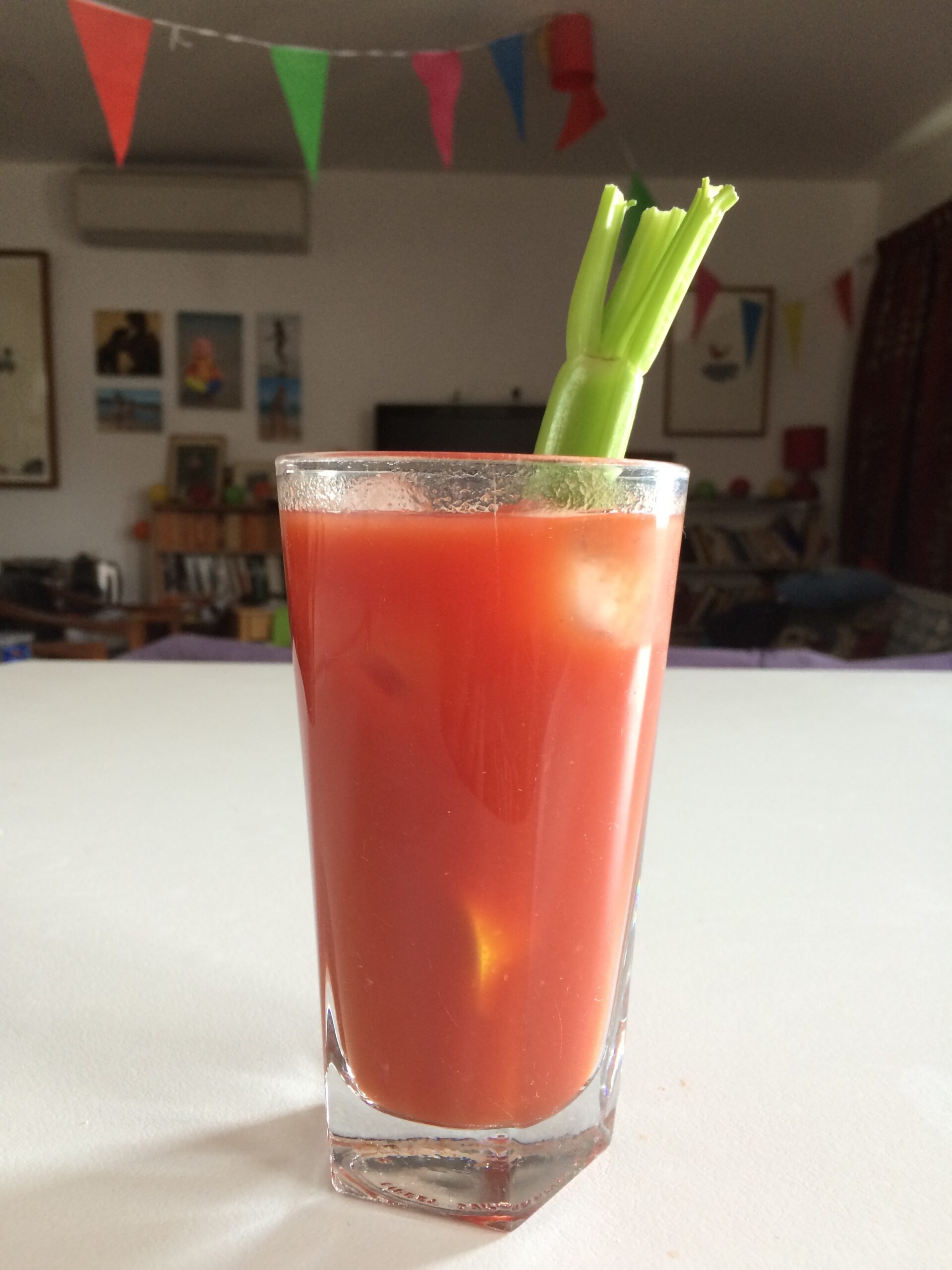Water Consumption: how much water do we really need?
Our bodies are around 60% water, and we need water to survive. The common recommendation is to drink eight 8-ounce glasses of water per day (the 8×8 rule), although there is little science behind this rule. Research is proving that a healthy fluid intake occurs around 39ml/kg/day. So a 60kg woman should intake about 2.3 litre per day. A 75kg male should intake about 2.9 litre per day. A 1-3% fluid loss equals about 0.5-2 kg of body weight loss for a 68 kg person. This can easily occur through normal daily activities, let alone during exercise or high heat. 1
Signs of dehydration can include:
▪ Fatigue and/or mood swings
▪ Hunger even though you’ve recently eaten
▪ Back or joint aches
▪ Dull, dry skin and/or pronounced wrinkles
▪ Infrequent urination; dark, concentrated urine, and/or constipation
How do you know if you are drinking enough water?
Unless you are an elite athlete, the easiest method is to pay attention to the colour of your urine. 2 You should be drinking enough water to turn your urine a light straw coloured yellow (see the chart at the end of this handout. (Unless you are taking B vitamins, which will make your urine bright yellow.)
Dark-coloured urine is a sign that your kidneys are retaining fluids in order to maintain your bodily functions, which includes detoxification. As a result, your urine will seem highly concentrated and dark in colour. You may also urinate less frequently, for the same reason.
Do we need to get all our hydration from water?
Assuming we eat a well rounded diet with plenty of fruit and vegetables, approximately 20% of our water intake can come from food. Foods with high water content include:
Food (1.5 cup): Percentage water: (Source: American Dietetic Association)
Lettuce 95%
Watermelon 92%
Broccoli 91%
Grapefruit 91%
Carrot 87%
Therefore, to intake 2.9 litres of water (12.25 cup) you could drink 2 litres of water (8.4 cups) plus 4 cups of high water content food, ie. 2 cups of fruit salad at lunch, and 2 cups of lettuce, carrot and capsicum at dinner.
Can we drink too much water?
There is a risk of drinking too much water, which has resulted in fatalities, usually associated with athletes over hydrating post-activity. By maintaining intake to compensate for the amount lost during exercise, and drinking to thirst, this is avoidable.
What causes excessive thirst?
Overt thirst can be caused by illness, heat, exertion, some medications, but is also a symptom of diabetes, so if this ongoing, and not explained by other reasons, always seek medical advice.
Reasons to drink more water include:
Water Helps to Maximise Physical Performance:
If we do not stay hydrated, physical performance can suffer. Drinking ad libitum has been shown to enhance exercise performance, over a variety of environments and age groups. This is particularly important during intense exercise, heavy work or high temperatures. Dehydration can have a noticeable effect if you lose as little as 2% of your body’s water content. However, it is not uncommon for athletes to lose up to 6-10% of their water weight via sweat. During endurance event, it has been found that that drinking to thirst can be unreliable, therefore testing to avoid losing more to 2-3% body weight is recommended. 3, 4
Dehydration of more than 4% can lead to altered body temperature control, reduced motivation, increased fatigue, and inability to concentrate. 4, 5
Hydration is associated with impairment of physical and cognitive function:
Your brain is strongly influenced by hydration status. Studies show that even mild dehydration (2% of body weight) can impair many aspects of physical and mental performance. In a study of nurses and doctors, 41% were classed as dehydrated at the end of their shift and showed significant impairment in memory and cognition. 6, 7
Many other studies, ranging from children to the elderly, have shown that mild dehydration can impair mood, memory and brain performance.
Drinking Water May Help to Prevent and Treat Headaches:
Several studies have shown statistically significant improvement in headaches from increased water intake, as dehydration can trigger headaches and migraines in some individuals. However, this appears to depend on the type of headache experienced. 8
Fluid intake may reduce risk of bladder cancer:
A large scale study was performed on women which established that increased intake of fluid may help reduce bladder cancer risk, by decreasing the contact time of carcinogens in the urine and bladder. 9
Other reasons include:
– may relieve constipation
– helps to prevent hangovers
– can assist to lose weight
Eve Armytage 29 November 2015.
www.facebook.com/reviveyourhealthgeelong
Research:
Armstrong, Johnson et al. “An empirical method to determine inadequacy of dietary water.” Nutrition 2015 Aug 15.
Perrier, Johnson et al. “Urine colour change as an indicator of change in daily water intake: a quantitative analysis.” Eur J Nutr 2015 Aug 19.
Kavouras, Amaoutis et al. “Educational intervention on water intake improves hydration status and enhances exercise performance in athletic youth.” Scand J Med Sci Sports 2012 Oct 22(5):684-9.
Maughan and Shirreffs. “Development of hydration strategies to optimise performance for athletes in high-intensive sports and in sports with repeated intense efforts.” Scand J Med Sci Sports. 2010 Oct:20.
Maughan, Watson & Shirreffs. “Implications of active lifestyles and environmental factors for water needs and consequences of failure to meet those needs.” Nutr Rev. 2015 Sep.
El-Sharkawy, Bragg et al. “Hydration amongst nurses and doctors on-call (the HANDS on prospective cohort study)”. Clin Nutr. 2015 Jul 16.
Murray B. “Hydration and physical performance.” J Am Coll Nutr. 2007 Oct:26.
Spigt, Weerkamp et al. “A randomised trial on the effects of regular water intake in patients with recurrent headaches.” Fam Pract. 2012 Aug:29(4):370-5.
Zhou, Kelsey et al “Fluid Intake and risk of bladder cancer in the Nurses’ Health Studies.” Int J Cancer. 2014 Sep 1.



